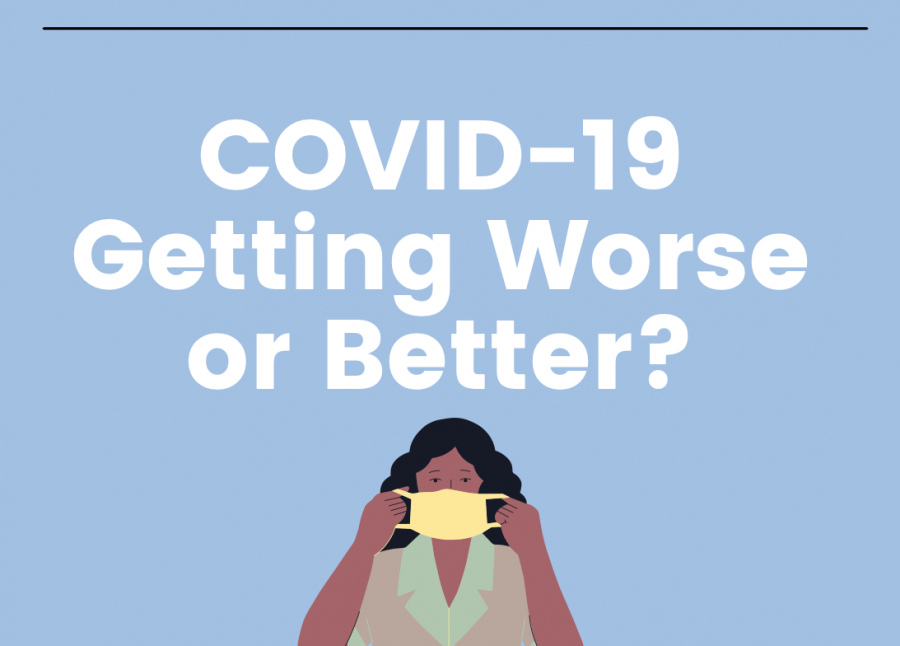How is Covid-19 Different Today?
Thousands of distinct Covid-19 subtypes, or variants, are in circulation around the world. One of these, known as Delta (or B.1.617.2), was first discovered in India it seems to be rapidly spreading. Viruses evolve all the time, and many of the changes are minor. Some of these may even be harmful to the virus. Others, on the other hand, can make the disease more infectious or dangerous, and these mutations are much more common.
According to BBC, “There is no evidence that Delta, AY.4.2 – or any of the other variants cause more serious illness for the vast majority of people. As with the original version, the risk remains highest for people who are elderly or have significant underlying health conditions.” The spike protein – the part of the virus that binds to human cells – has all been altered in the variations of concern. Delta has a few potentially critical ones (namely L452R) that could help it spread faster.
N501Y, a mutation shared by the Alpha, Gamma, and Beta viruses, appears to improve the virus’s ability to infect cells and give. A crucial mutation in Beta and Gamma viruses termed E484K may enable the virus evade some of the body’s defensive defenses. A tiny number of cases of Alpha have also been discovered because of this mutation, according to experts
“Current vaccines were designed for earlier versions of coronavirus, which means they may not be the ideal match for new variants and so might not work quite as well…. Doctors say it is vital that people get the recommended number of doses to gain maximum protection against existing and emerging variants,” states BBC.
Adults above the age of 65, as well as patients of long-term care facilities. People between the ages of 18 and 64 who have underlying medical conditions that put them at risk for COVID-19. Medical professionals, teachers, and persons living and working penitentiaries and homeless shelters are among those whose jobs or living arrangements enhance their exposure to COVID-19. Anyone over the age of 18 who has had the single-shot Johnson & Johnson COVID-19 vaccination and wants a booster from Pfizer.
The booster from Pfizer has the same formulation and dose as the earlier two injections in the series. And, according to scientific study data, the side effects are like what many people had the first time they tried it, with the most common being: chills, fatigue, headache, muscle pain, injection site pain
The symptoms normally go away within a few days. More than 220 million people in the United States have gotten at least one dose of the COVID-19 vaccination, and no long-term side effects have been reported.












